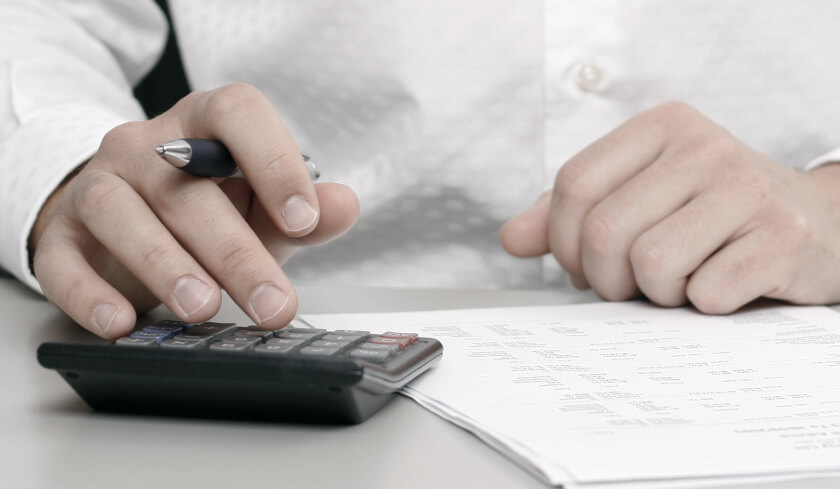The hidden gems and traps of tax time
Knowing what you can and can’t claim can make the difference between an okay tax return and a great one. Here are some things that investors shouldn’t be claiming, and some hidden gems that they could.

Trying to get through tax time can be an ordeal and a half, but it does not have to be an ordeal in the first place.
To continue reading the rest of this article, please log in.
Create free account to get unlimited news articles and more!
Michael Beresford, the director of investment services at OpenCorp, said to Smart Property Investment that the results of last year’s budget should not be forgotten, as it took out depreciation on certain items and interstate travel for inspecting investment properties.
The first measure saw the removal of various items whose depreciation could be claimed in established properties.
“For example, let's say an established property had a renovation done five years ago, and then you bought the property last week; because you didn't actually buy those items that aren't depreciable, then you wouldn't be able to claim depreciation on those,” he said.
The other main measure saw the removal of claiming interstate travel for property inspections.
“A lot of people used to take an interstate trip to see a property that was interstate, go and check out the property and have a long weekend on the back of it and claim that as a legitimate deduction, that is no longer a deduction,” Mr Beresford said.
While depreciation on new items in established properties is something that is no longer claimable, that does not mean that depreciation cannot be claimed outright.
“A lot of investors are not aware that you can claim depreciation. It's very simple to do so. Check with your accountant whether or not your property would qualify for depreciation tax deduction,” Mr Beresford said.
“If it does, you just need to get a depreciation check done by a qualified quantity surveyor, hand that report to your accountant, and they'll be able to take care of the rest in terms of claiming that depreciation.”
Loan costs, bank fees and repairs and maintenance are more unrealised claimable options, that while they may be small individually, they can add up.
“It might not seem like a big deal if you're spending a couple of hundred bucks doing some minor repairs, but keep those receipts because it does all stack up,” he said.
If investors are looking to construct a new property, they may also not be aware that the construction period is also tax deductible.
“Let's just say a house and land investment, you settle on a block of land and then you're doing the build of the home, that interest during the construction period is tax deductible,” Mr Beresford said.
“I get several calls every July and August from clients' accountants, say that they believe that interest during construction is not a tax-deductible expense. They're really good examples of accountants not knowing property inside out. Property-focused accountants will know that is a legitimate deduction.”
Making sure that you work with an accountant that knows the ins and outs of property is vital; investors should not be using the services of just any old accountant, as Mr Beresford warns it could be costly in the long run.
However, trying to get the biggest tax return is not always the smartest option, as sometimes bad financial advice can mean you lose money, even if you get a bigger number by the end of tax time.
“By holding investment properties or any other appreciating asset and maximising the amount of tax benefits you get to help reduce the holding costs, while that's a very smart strategy, I'm absolutely blown away every year when I hear stories of, ‘My accountant told me to buy a luxury car so I can reduce my tax,’” Mr Beresford said.
“That's foolish tax advice and foolish wealth advice, because a luxury car is a depreciating item, so just to get some more tax benefit, you're buying something that goes down in value, so it makes no sense to spend money and lose money just to get a little bit of money back.
“While tax benefits are great, remember in every instance except with depreciation, you've got to actually spend money first to get that tax back to begin with, so just make sure that the tax relates to depreciating assets, and you're not just chasing a bigger tax return for the sake of it.”
Mr Beresford has previously passed on advice to Smart Property Investment about the key things investors need to tackle tax time, which can be read here.


